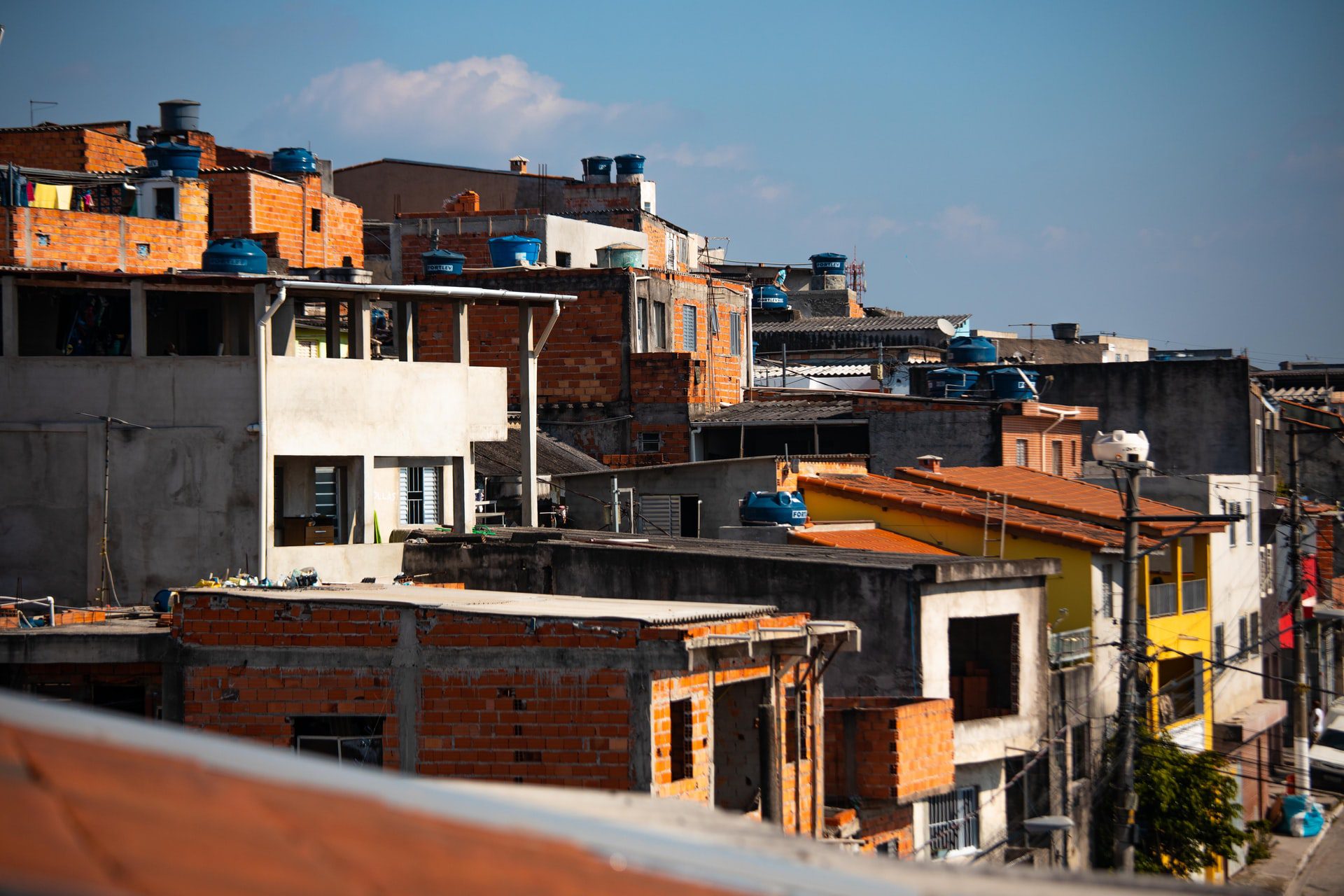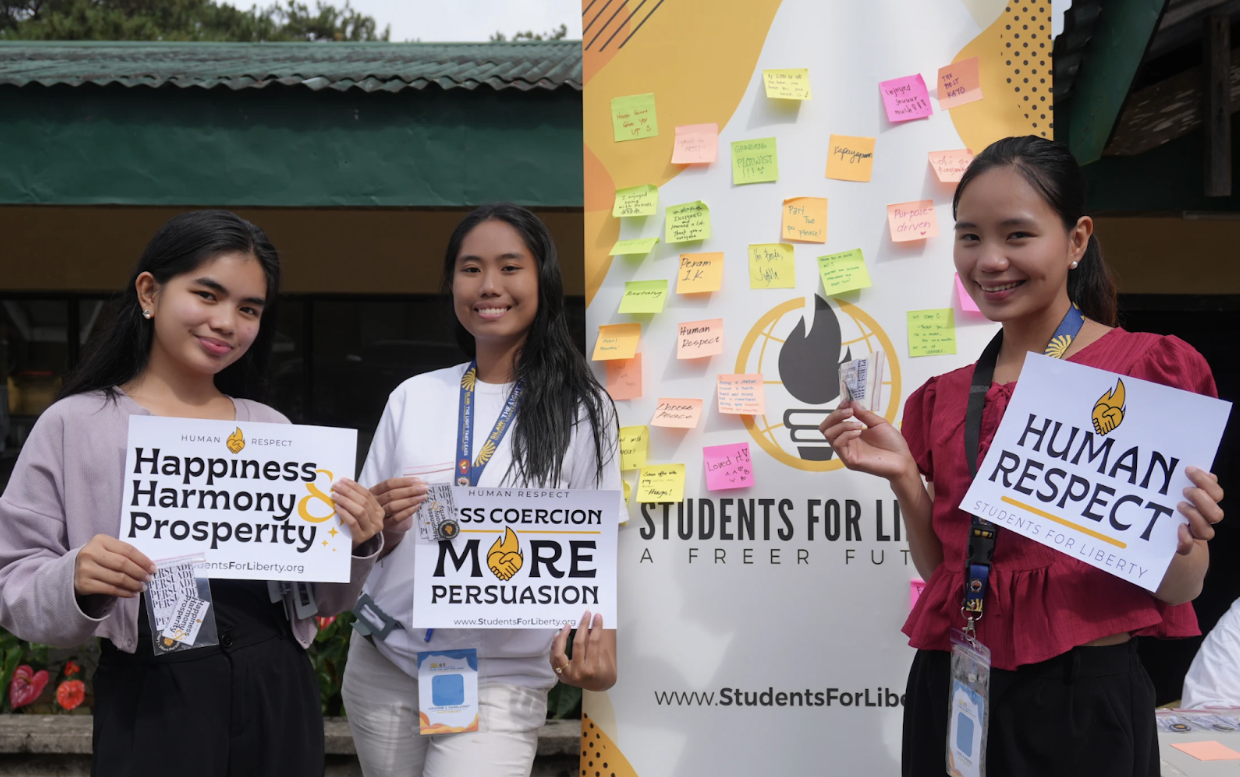My friend and I were road tripping through the Southwestern U.S. and were passing through Utah — the prettiest state in the U.S., if you ask me.
My friend had rented the car instead of using his own. He turned to me and said, “I’ll Venmo you for half.”
“Sure thing,” I replied. “But just out of curiosity, why did you rent a car instead of using yours?”
“I don’t wanna put all these miles on mine, man. The rental…we can just beat the crap out of it.”
“Fair enough,” I said, but suddenly I was no longer admiring the mountains; my mind was spinning.
He didn’t realize it, but in this brief interaction, he had highlighted a critical problem with socialist doctrine.
We treat things that we own far better than things we don’t own
Compare how you treat a hotel room to how you treat your own house. Unless you’re unusually scrupulous, I’ll bet you neglect the little things — watering the plants, sweeping the floor in the kitchen, or pushing in couch cushions after binging Netflix.
If you travel for work, consider the food choices you make when you’re going to expense a meal at a restaurant. If you were paying for your meal, you’d be happy with a salad and appetizer.
When it’s on the company’s dime, your eyes might wander over to the prime rim or the sea bass.
We’re way more likely to mistreat things we don’t own. And it’s way easier to spend other people’s money.
For many of us, luckily, this tenet of human nature comes more into play when we travel — when we leave our homes. But for millions of people around the world, including the residents of Brazil’s countless favelas, it comes into play practically every single minute.
The Brazilian state owns favelas and refuses to give up ownership
The Brazilian government heavily restricts — and in some cases outright prevents — residents in favelas from owning their land and their homes. At any time, on the whim of some bureaucrat (or international sporting organization), they could be forcibly removed from their homes.
Would you mow your lawn if you could get kicked out — bam — just like that?
Whether we believe that the government must protect private property or whether we argue that the free market would do a better job, a guarantee of private property is absolutely essential; it is the sine qua non of a flourishing society.
Without private property — if all property were temporary, rented, public — we would see its quality and sustainability take a nosedive.
For more context on the issue of property rights and favelas, be sure to check out our Learn Liberty video below.
This piece solely expresses the opinion of the author and not necessarily the organization as a whole. Students For Liberty is committed to facilitating a broad dialogue for liberty, representing a variety of opinions. If you’re a student interested in presenting your perspective on this blog, send your piece to [email protected], and mention SFL Blog in the email subject line for your chance to be published and be seen!









